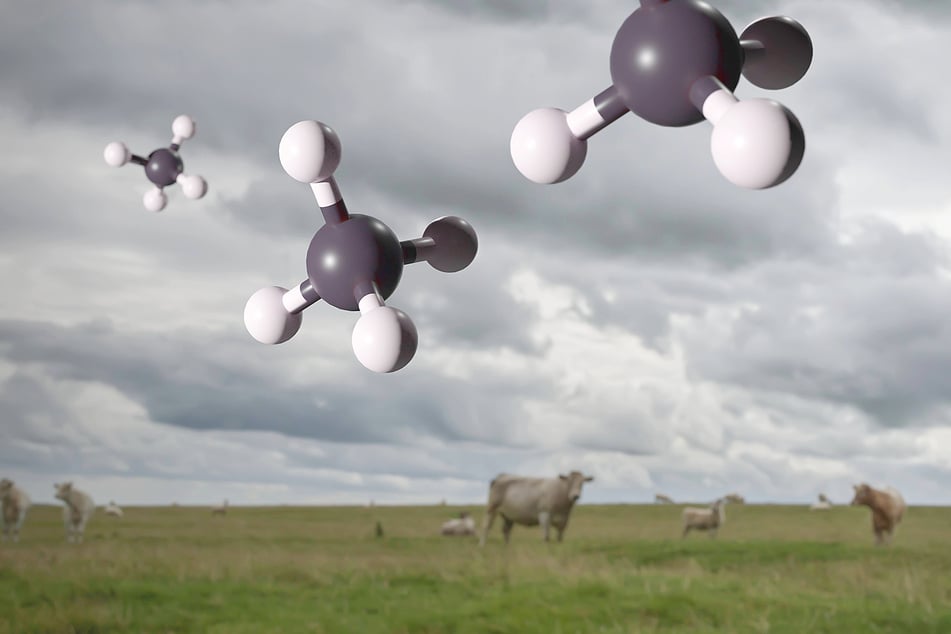Methane emissions are on the rise and they're worrying climate scientists
Washington DC - Each year, researchers at the National Oceanic and Atmospheric Administration (NOAA) update their report on the amount of methane in the atmosphere. This year, they've run into a pair of worrying trends for our climate.

According to Nature, the NOAA's new data show that methane emissions from mining fossil fuels dipped – but a different source could be driving overall methane emissions higher.
Climate scientists check for very specific sources of different greenhouse gases to better understand what drives climate change, and when they check up on methane levels, there are two main culprits.
Mining and extracting fossil fuels used to be the main source for more methane, a gas which is 80 times more effective at warming the planet than CO2.
The gas is also emitted through microbes, like bacteria, that help livestock digest or help organic matter decompose. These microbes could be the main cause of the past 15 years of rising methane emissions.
If this is confirmed, it would mean that the environment could already be in a feedback loop: emissions from decomposing organic material increase global warming, which in turn makes it easier for more organic material to decompose.
This would be a problem for climate models, because it suggests that the global average temperature hasn't reacted to the spiking methane levels... yet.
In that bleak scenario, even if climate action dropped emissions of warming gases to zero tomorrow, there might be a bump in temps down the road.
The good news is that the NOAA found lower emissions from getting fossil fuels out of the ground, but the potential bad news is a potential climate feedback loop might already be in motion – and the average global temperature might be lagging behind.
Cover photo: IMAGO / Science Photo Library
